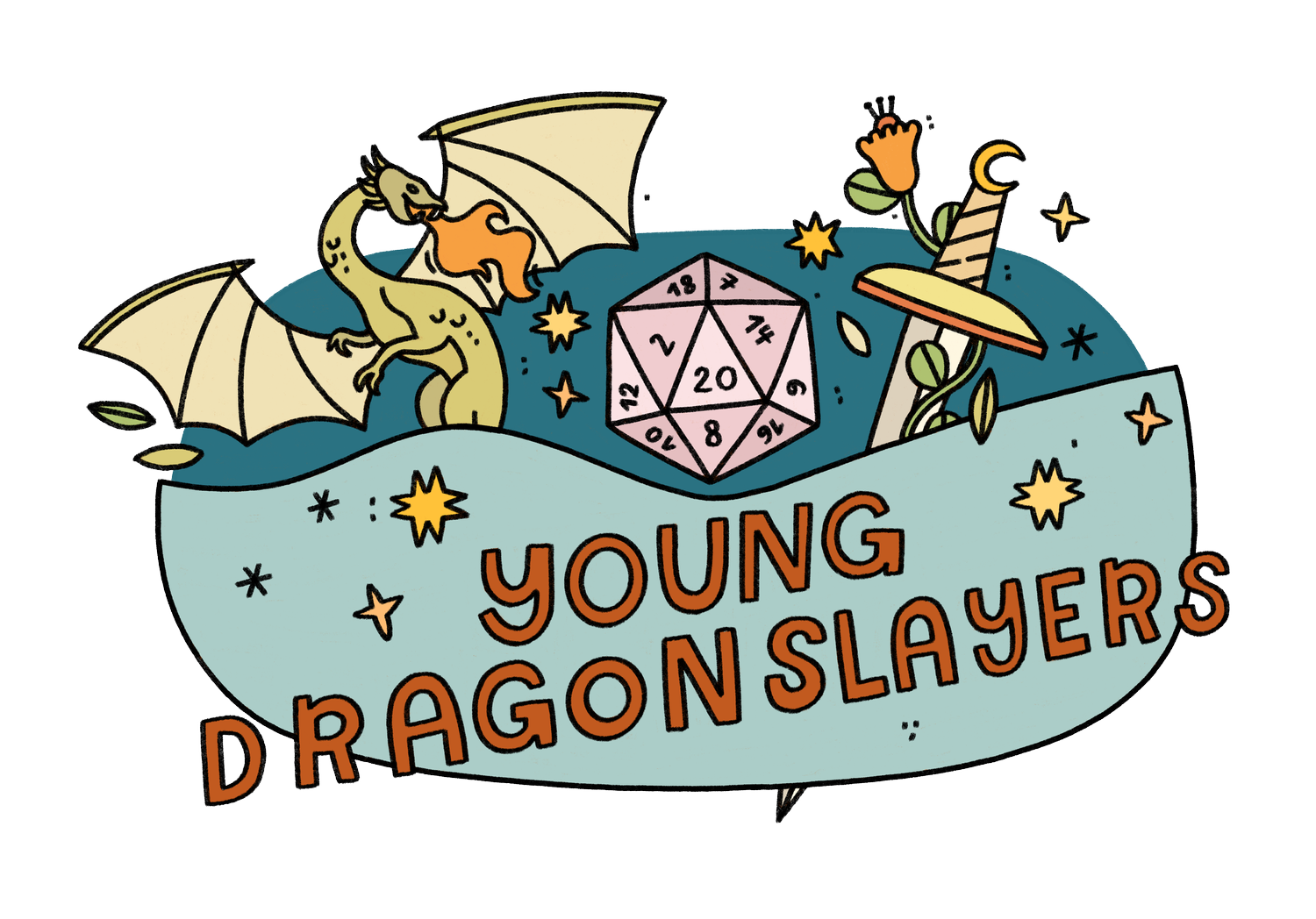Tension at the Table: How to Deal with Disagreement or Angry Players in D&D
I could see it in my player’s eyes. Sure, we were on video, but he was not happy. The BBEG had succeeded in throwing the queen off the balcony, and unfortunately, after a full round of combat, there was little to be done to rescue her.
“But it’s only six seconds,” he argued. “That’s not how falling works.”
My engineering background begged to differ according to the free fall formula s = v₀t + ½gt². I did a quick search of falling rules (only damage is specified in The Player’s Handbook), but official rule arbitrator Chris Perkins had my back. A creature would fall 580 feet in one round, 1160 feet in two. Of course, there would be a bit of wind resistance, but the queen’s dress certainly wasn’t a parachute.
I could feel the player’s frustration through the screen. He didn’t agree with me, even though the rest of the table did. But, as a DM, it was up to me to make a decision, and that decision just so happened to put the players and the poor queen in a horrific situation.
For a full three seconds, the group was completely silent. You could have cut the air with a cheese grater.
When you play Dungeons and Dragons long enough, tension will happen. Tempers will flare. In a roleplaying game like D&D, you sometimes can’t help but get drawn into the drama. If you’re acting, strategizing, and thinking like a character, why shouldn’t you feel like them, too?

